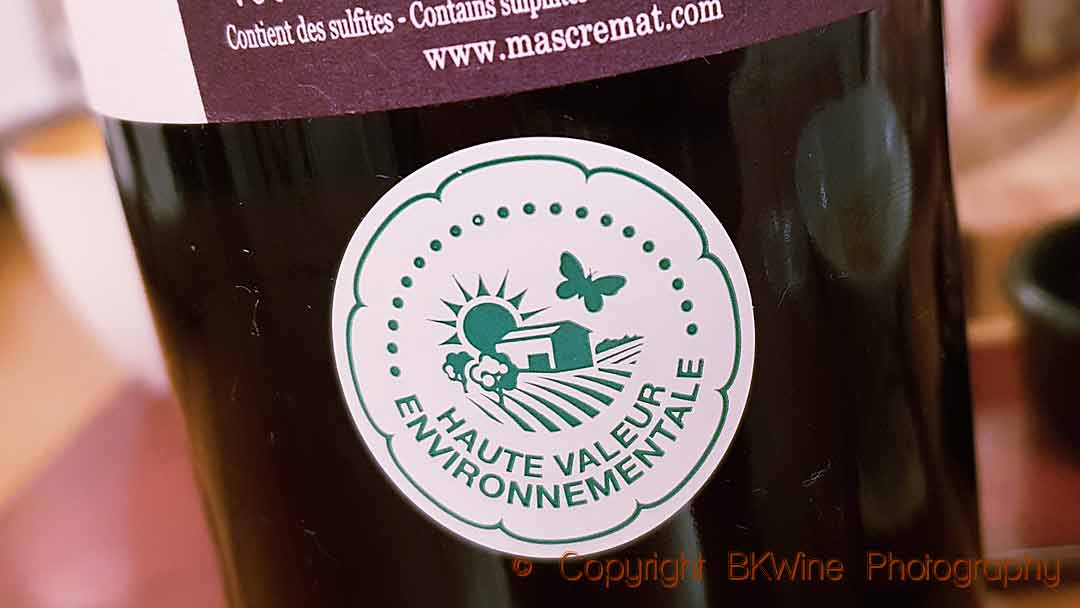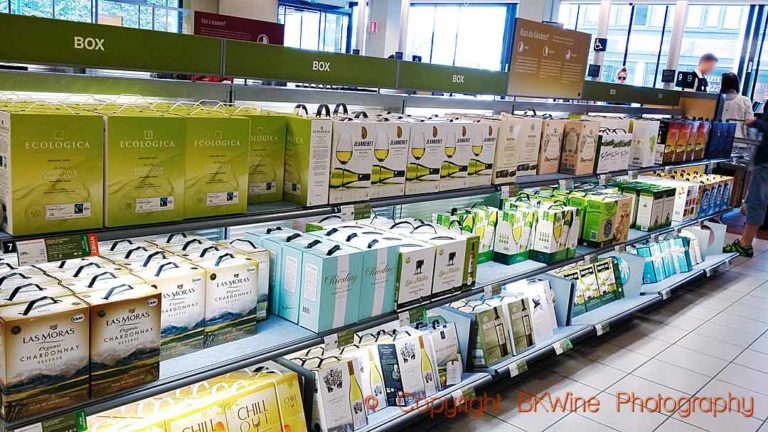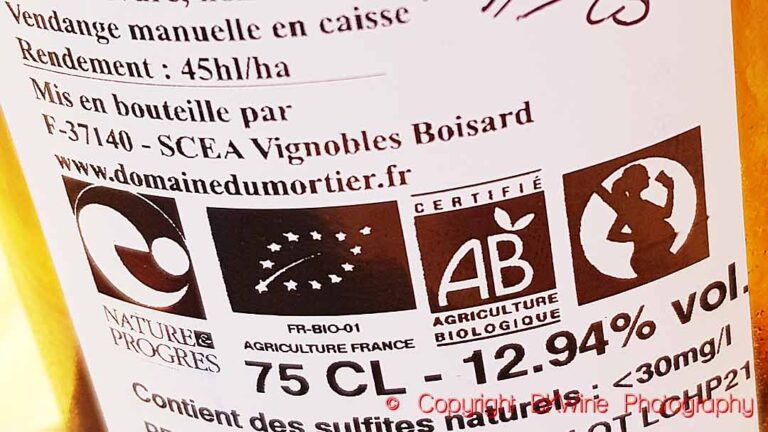The French sustainability label Haute Valeur Environnementale (HVE) was launched in 2012 for all types of agriculture. It gained momentum in 2017 when the interest grew like an avalanche among wine producers in particular to become certified. Now 9.3% of French farmers are certified HVE and roughly 62% of these are wine estates.
But the label run by the Ministry of Agriculture is no longer as popular. It is still increasing but much more modestly. What is the reason?
Perhaps it is a general weariness of labels, both among producers and consumers. In the past it was easy with just “organic” (that is a single harmonised certification within the EU), but with sustainability has come a multitude of different labels (sometimes called certifications).
But it could also be that producers think it is difficult to get paid for their sustainability work through increased wine prices, that HVE is bad at communicating with consumers, the competition from similar labels such as Terra Vitis, and not least that HVE too often changes the regulations. The fourth since 2012, with noticeably stricter rules, entered into force in 2023.
HVE is structured around four environmental issues: protecting biological diversity, reducing the use of plant protection products, managing fertilisation, and managing water resources.
Read: more on organics and sustainability in BKWine’s book Organic, Biodynamic and Natural winemaking.











